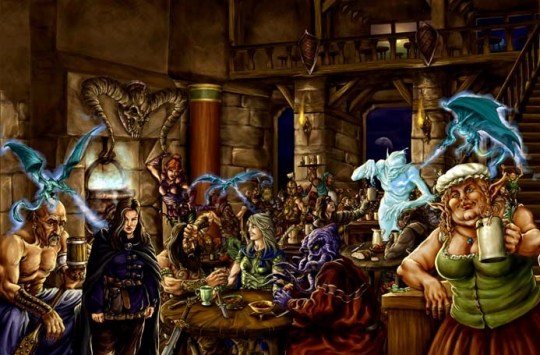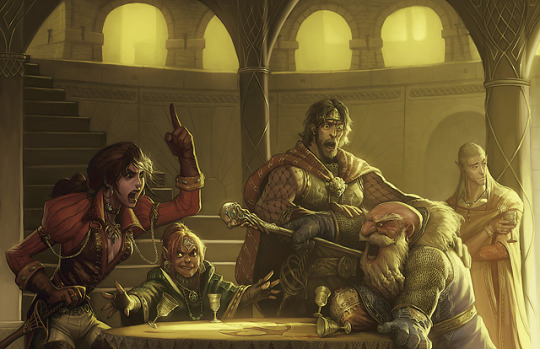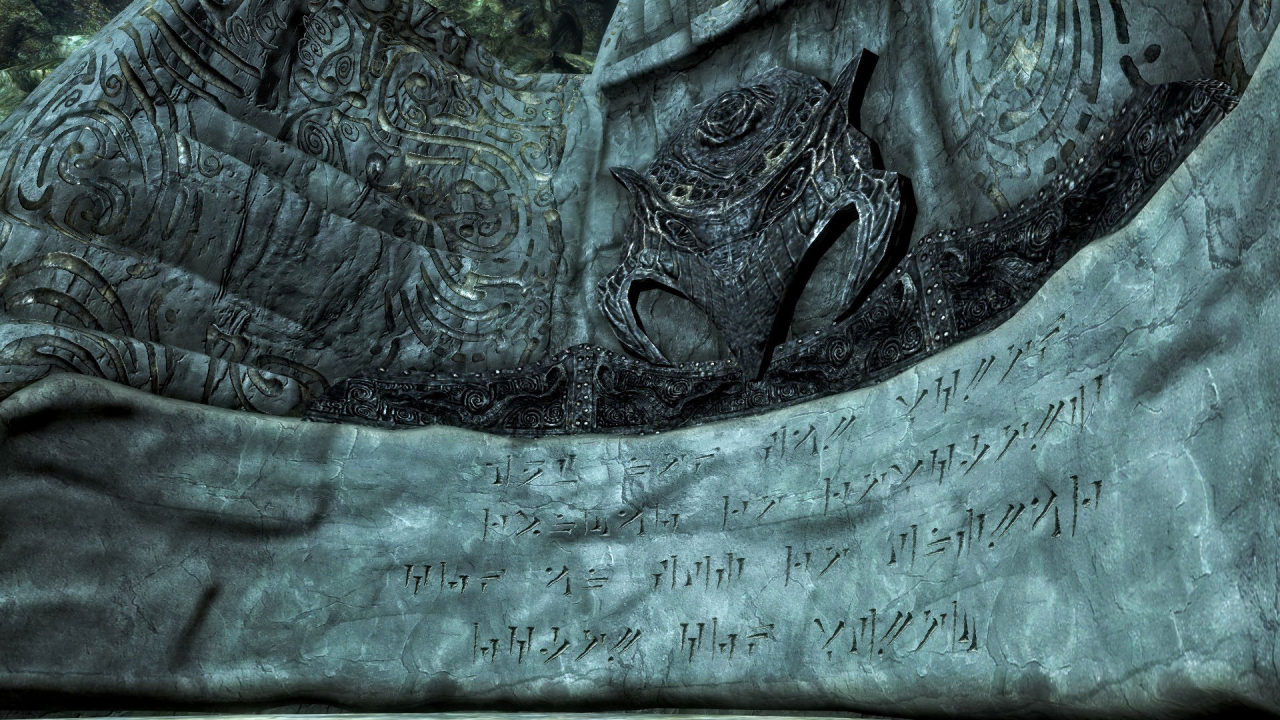Dialects are spoken languages, Literacies are written languages.
Not every Dialect has a Literacy and not every Literacy has a Dialect, but most Languages have both.
Character sheets have separate boxes for Dialects and Literacies.
Characters start with 1 Dialect, their native tongue.
Some classes start with a Literacy in their native tongue (if it has one).
Some classes start with extra Dialects and/or extra Literacies.

Characters have a 6-segment Wheel to track learning a Dialect.
Every time a Dialect you don't know is spoken and you wish to interact with the speaker, roll 1d20 and add your Wisdom modifier plus the number of segments in your Wheel.
On a 20+ you understand what was said and can communicate successfully.
On a 10-19, you understand essentially what was said but when you try to communicate you sound like an idiot
On a 9 or less, you misinterpret what was said and you sound like an idiot.
Whenever you roll a success (the 20+ result), you fill in a segment of the Wheel.
You cannot fill in more than one segment of a Dialect Wheel per day.
After all four segments are filled and you fail another roll, you've learned the Dialect and no longer need to roll 1d20 in order to be understood.
Having at least one segment in the Wheel means you can understand basic and simple ideas like "where is food?" and "can I sleep here?" but complex ideas like "can you help me scout this mountain?" or "let me show you how we should ambush those bastards in the valley!" or "don't kill him, we need to use his magic later!" will require a roll.

Every Literacy is different and some are more complex than others.
Each Literacy has a period of time in which in takes to learn.
Having a tutor can cut this time in half.
Having a skilled tutor can cut this time in half twice.
Common takes 3000 hours to learn, with a tutor it takes 1500 hours, and with a skilled tutor it takes 750 hours.
A skilled tutor is any character who knows the Literacy and has a combined Intelligence, Wisdom, and Charisma modifier equal to +3 or higher.
When you try to translate written text without any training, roll 1d20 and add your Intelligence modifier.
On a 20+, you understand the basic message of the script though nuances may be lost.
On a 10-19, you will miss something crucial in the translation or your translation is time-consuming and delays something important, GM's choice.
On a 9 or less, you have no clue what it says.


No comments:
Post a Comment